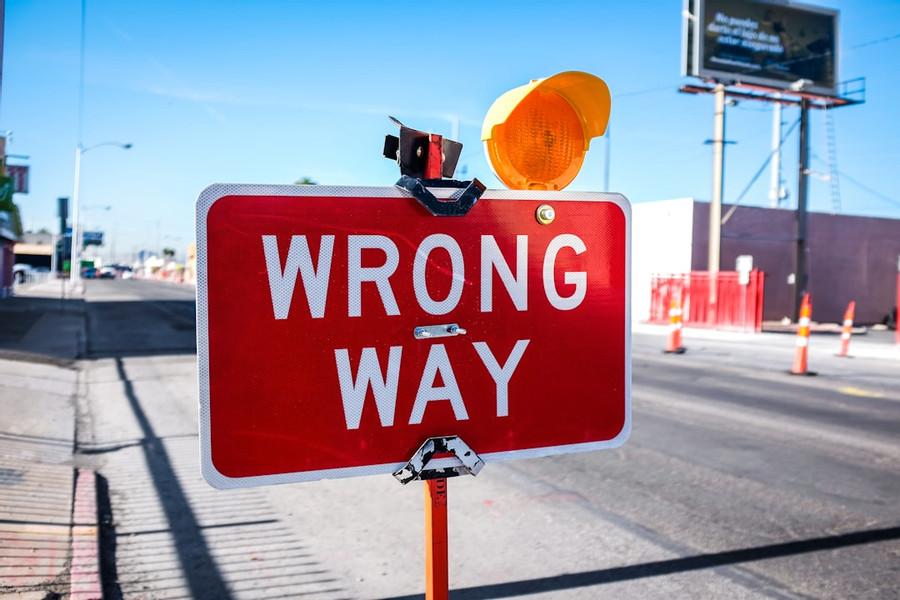14. Recency Bias:
We give more weight to recent events or information. If a company had a great quarter, you might invest heavily in its stock, ignoring its historical performance.
35
247 reads
CURATED FROM
IDEAS CURATED BY
Being an ambivert person, I am too much fond of reading, and always eager to learn.
These cognitive biases and mind traps influence decision-making, perception, and behavior in various aspects of our lives. Recognizing them can help us make more rational and informed choices.
“
Similar ideas to 14. Recency Bias:
3. Anchoring Bias:
People give disproportionate weight to the first piece of information they encounter when making decisions. If you're negotiating the price of a used car, and the seller asks for a high price initially, you might end up paying more than you should because the high anchor influenced your perceptio...
4. Hindsight Bias:
After an event occurs, we tend to believe that we predicted it all along. For instance, if a stock you invested in performs poorly, you might say, "I knew it was going to drop."
The availability heuristic
We tend to judge the likelihood and significance of things based on how easily they come to mind. The more “available” a piece of information is to us, the more important it seems.
The result is that we give greater weight to information we learned recently because a news...
Read & Learn
20x Faster
without
deepstash
with
deepstash
with
deepstash
Personalized microlearning
—
100+ Learning Journeys
—
Access to 200,000+ ideas
—
Access to the mobile app
—
Unlimited idea saving
—
—
Unlimited history
—
—
Unlimited listening to ideas
—
—
Downloading & offline access
—
—
Supercharge your mind with one idea per day
Enter your email and spend 1 minute every day to learn something new.
I agree to receive email updates


